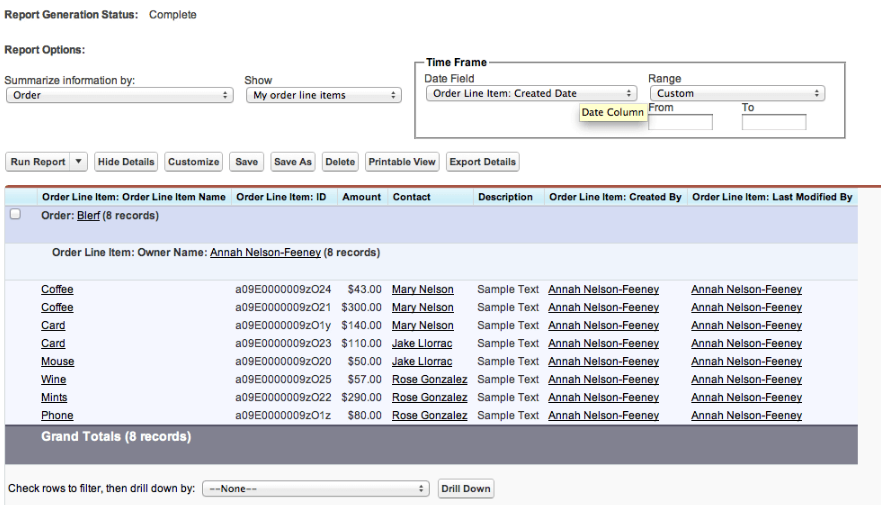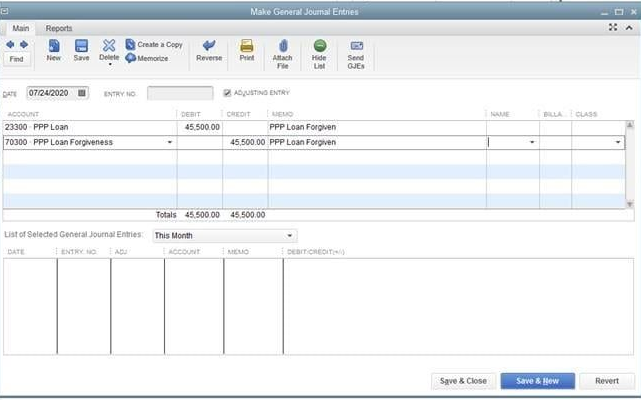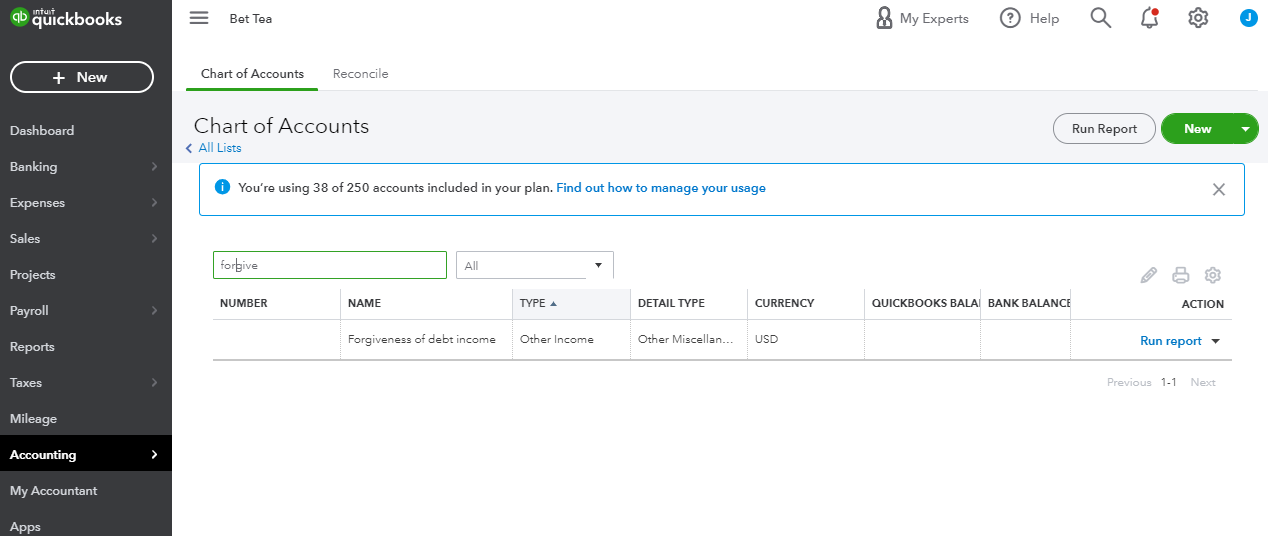Credit score to buy a car: Understand everything and get yours

Anúncios
Understanding the credit score to buy a car and how it impacts the car-buying process can help you save thousands over the life of your loan.
Your credit score is one of the most critical factors when buying a car, as it determines your eligibility for financing, loan terms, and the interest rate you will receive.
Anúncios
Whether you’re wondering about the minimum credit score to buy a car or aiming for a good credit score to buy a car, this guide will detail the key factors.
We’ll also cover how to navigate the process with a low credit score and offer practical tips to secure the best deal possible.
Anúncios
Keep reading to make informed financial decisions and drive away with your new vehicle confidently.
What is the credit score to buy a car?
Although there is no universal minimum credit score to buy a car, most lenders prefer a credit score of 600 or higher.
Borrowers with credit scores in the “prime” (661–780) or “super prime” (781–850) categories usually receive the best interest rates and most favorable terms.
On the other hand, those in the “subprime” (501–600) or “deep subprime” (300–500) ranges can still qualify for a loan, but may face higher interest rates and stricter payment conditions.
For borrowers with lower credit scores, options often depend on the type of car being purchased. For instance, used car loans may require slightly higher credit scores because used vehicles depreciate faster, increasing the lender’s risk.
Some subprime lenders and dealerships specialize in working with borrowers with poor credit, though their terms are generally less favorable.
Knowing your credit score before applying allows you to explore options suited to your financial situation and avoid surprises during the approval process.

Which credit scores do auto lenders use?
Auto lenders primarily use FICO Auto Scores and sometimes VantageScore to assess your creditworthiness for a car loan.
These models focus on factors like payment history for auto loans, helping lenders evaluate your reliability.
Understanding which score they use can help you prepare effectively.
FICO Auto Scores
Most lenders rely on FICO Auto Scores, a credit scoring model specifically designed for auto loans.
Unlike standard FICO scores, this model places more weight on auto-related credit behavior, such as your payment history on previous auto loans or leases.
FICO Auto Scores range from 250 to 900, providing lenders with a more tailored view of a borrower’s reliability in paying vehicle loans.
Because FICO Auto Scores are more specialized, they may differ from the general FICO score you see when checking your credit.
If you’ve previously financed or leased a car, those payment patterns will significantly impact your auto-specific score.
Understanding this distinction can better prepare you for your loan application.
VantageScore
Although less common in auto financing, some lenders use the VantageScore model to evaluate borrowers.
This scoring system also ranges from 300 to 850 and places greater emphasis on recent credit behavior, such as on-time payments and credit utilization.
While the differences between VantageScore and FICO Auto Scores may seem minor, lenders using this model might assess your credit profile differently.
Monitoring both your FICO and VantageScore gives you a comprehensive view of your credit health, ensuring you are well-prepared when applying for financing.
How does credit score affect auto loans?
Your credit score directly impacts the terms of your auto loan, including the interest rate, loan amount, and repayment period.
Borrowers with higher credit scores are typically rewarded with lower interest rates, which can save thousands of dollars over the life of a loan.
For example, a borrower with a score of 750 may secure an interest rate as low as 3%, while someone with a score of 500 may face rates exceeding 15%.
In addition to influencing the interest rate, your credit score can determine the loan structure.
Borrowers with lower scores may be required to make larger down payments or face stricter payment terms, such as shorter loan durations.
Lenders may also limit the loan amount for subprime borrowers, restricting the type of vehicle they can afford.
Understanding how your credit score affects these variables allows you to make strategic decisions about improving your financial profile or exploring alternative financing options before applying for an auto loan.

How to buy a car with a low credit score
Buying a car with a low credit score can be challenging, but not impossible. With the right strategies, such as exploring specialized lenders or improving your financial profile, you can secure a loan that meets your needs.
Be Prepared for Higher Interest Rates
Borrowers with low credit scores should anticipate paying higher interest rates, as lenders view them as higher-risk candidates.
A higher interest rate increases monthly payments and the overall loan cost, potentially adding thousands of dollars to the car’s final price.
To offset this, research multiple lenders to find those offering competitive rates for subprime borrowers. Additionally, consider pre-qualifying for loans to better understand your options and compare offers.
Consider a Loan with a Co-Signer
If you’re struggling to secure favorable terms due to a low credit score, applying for a loan with a co-signer can improve your chances.
A co-signer with a strong credit profile provides additional assurance to the lender, often resulting in a lower interest rate or more flexible loan terms.
However, it’s essential to choose a co-signer carefully, as they will share responsibility for the loan. Missed payments can harm both your credit and theirs.
Work with a Bad Credit Dealership
Some dealerships specialize in helping borrowers with poor credit secure financing. These dealerships often work with subprime lenders or offer in-house financing, making them a viable option for those unable to qualify elsewhere.
However, loans from these dealerships may come with high interest rates and additional fees, so it’s crucial to carefully review the terms before committing.
Beware of predatory lending practices and consider consulting a trusted financial advisor to review the agreement.
Improve Your Credit Before Buying
If purchasing a car is not urgent, taking steps to improve your credit score can result in better financing options.
Paying off existing debts, disputing errors on your credit report, and consistently making on-time payments can raise your score within a few months.
Even a modest improvement in your credit score can lead to lower interest rates and more favorable loan terms, saving you money over time.
Provide Documentation of Financial Stability
When applying for a loan with a low credit score, providing evidence of financial stability can help reassure lenders.
Documentation such as proof of steady income, employment history, and low monthly expenses demonstrates your ability to make consistent payments.
While this may not eliminate higher interest rates, it can improve your chances of approval and potentially lead to slightly better terms.
Your credit score significantly influences your ability to secure an auto loan, the interest rate you’ll pay, and the overall loan cost.

While borrowers with excellent credit scores can access the best terms, those with lower scores still have options to navigate the car-buying process successfully.
By understanding what constitutes a good credit score to buy a car and preparing strategically, you can improve your financial outcomes regardless of your current credit standing.
For more tips and tools to help you make smart financial decisions, keep exploring our site. Don’t let your credit score hold you back — start your journey to owning a car with confidence today!





